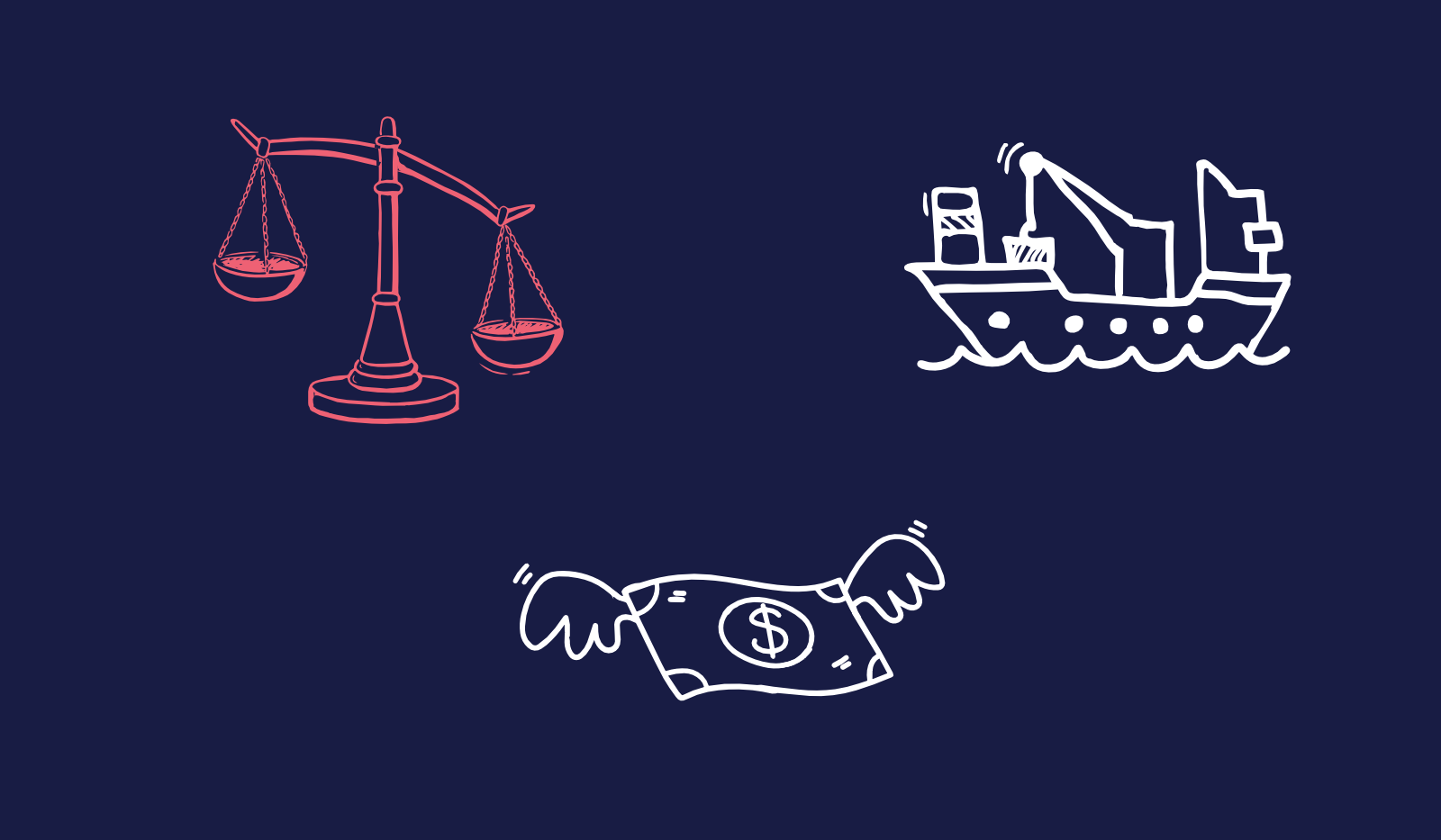- Research fields: Monetary policy and central banking, with a particular focus on the state-finance nexus; financial systems; green macrofinancial regimes.
- Academic publications: “Structure, Agency, and Structural Reform: The Case of the European Central Bank”. Perspectives on Politics (2024); “Central Banking and the Infrastructural Power of Finance: The Case of ECB Support for Repo and Securitization Markets”. Socio-Economic Review (2020); “Financial Globalization as Positive Integration: Monetary Technocrats and the Eurodollar Market in the 1970s”. Review of International Political Economy (2021).
- Professional experience: Benjamin is the author of two major reports about the ECB and the Eurogroup, commissioned by Transparency International, as well as of policy papers about European monetary policy for the Council of Economic Policy (Zurich) and Finanzwende (Berlin). He is the PI of the research project ‘Central banking in hard times: Knowledge, legitimacy, and politics’.
























